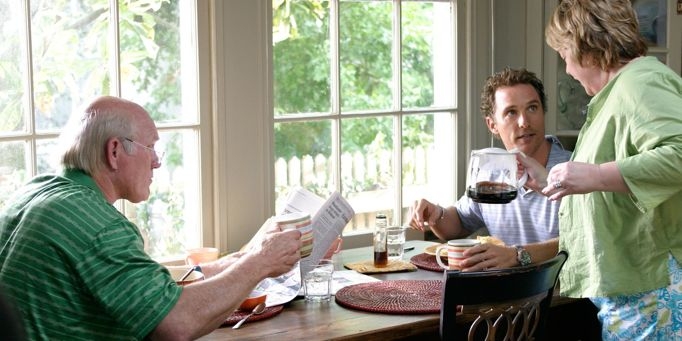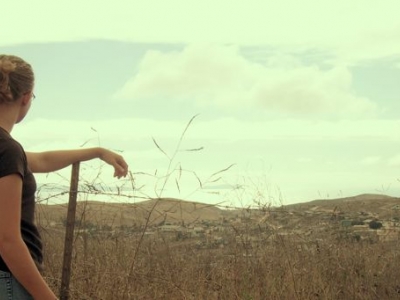
Failure to launch?
3 ways to help your young adults prepare for adult life and independence.
Failure to Launch was a movie starring Matthew McConaughey. At the age of thirty plus, his character lived at home with his parents, with no intention of moving out because it was too comfortable. We laugh throughout the movie as art imitates truth: the modern phenomenon of young adults who are reluctant to move, not wanting to deprive themselves of some of the comforts of home.
Recent Australian studies have found that wealthy children live at home for longer than their disadvantaged peers. When I got married 31 years ago and left the family home at 21, 35% of 20-24 yr olds lived with their parents. In 2013, approximately 48% of 20 – 24yr olds live with their parents. 70 years ago a generation of 18 -25 yr olds were fighting a war.
What has happened in the past 70 years that sees many young people wanting to take refuge in the family home? Have parents so idolatrised their children that they can’t let them go? Have they so over-indulged their children that a smart child would never willingly go? Or is it possible parents have been so busy with other things, they have under-prepared their children for the next stage in life? Perhaps the answer lies in all the above or various combinations of them all.
Six months ago, my husband and I launched our remaining two adult children into independence by us leaving them and moving to regional NSW. One child even commented, “I thought the children were meant to leave, not the parents.” The move was traumatic for all involved, parents as well as children. However, six months down the track we would all agree that a painful journey has been a good and maturing journey. The children have become increasingly independent while the parents have cut most of the apron strings.
In Screamfree Parenting, Hal Runkel writes:
…the ultimate goal of parenting is to launch our children into an adulthood where they are self-directed, decisive, and responsible people.
That is a grand goal, but some practical wisdom may prove helpful at this point.
1. Prepare them for launching
The process begins the day you decide to be a parent. You need to prepare yourself for the day your children leave and cleave to another, or simply just leave. Much of the preparation happens leading into the teenage years - modelling, training, disciplining, and encouraging our children. What we might call in Christian ministry, “discipleship”. This could include teaching them to pick up after themselves, to not be selfish, to think about others, and of course to trust in the providence of God to look after them.
While involvement in decision making is limited in child and adolescent years, increasingly allowing our children to share in decision making helps them to become decision makers. Mindful of a potential move away from Sydney, we invited our children into a conversation about the possibility. Having the children respect our thoughts, demanded our consideration of theirs. Key in this was not surprising the children, fostering an understanding of the issues, and involving them in such matters as the purchase of a property they could live in. All of this helped with acceptance, offered wisdom for the future, and allayed potential fears. The years of effort in training your children in godliness will not be wasted.
2. Offer to help, don’t bail them out
Children need to know you are there to support them as they discover the consequences of their actions. However, parents should not rescue them from every bad decision they make.
From a distance, we have talked our children through issues and discussed the best way forward. They know we will not bail them out, but will help them to work through relationship and financial issues and we will pray for them through the process.
It is important for a parent to consider the trajectory of their children’s discipleship. We know God allows us to sometimes feel the consequences of our actions as a way of discipline and the learning of wisdom. As the writer of Proverbs 16 says
How much better to get wisdom than gold! To get understanding is to be chosen rather than silver.
By way of application, if you are always bailing your children out financially, they may have gold and silver, but not the treasure of wisdom and understanding.
3. Develop good financial habits
This obviously starts before the teenage years, as parents teach children the value of money and the responsibility of budgeting. Help children know how to handle money. Encourage them to get jobs that teach the value of a pay cheque. Encourage them to save money and not waste money. Eating at home is always advised over buying take away. If children are still at home and working, have them pay board so they are aware of the contribution they make toward the family. Encourage them to be generous and careful, to appreciate the graces given in life, and to offer grace toward others less fortunate.
As parents, we need to equip our children to have the skills necessary to launch into the next stage in their development. As hard as it is letting go, we must prepare them and allow them to do it their way and support them in the decisions they make, even if we don’t agree and most of all continue to pray.
Of course if they fail to launch, your could pray that they find a spouse ... or you could move!
Have you launched (or failed to launch) one of your kids? Share what worked or didn't work for you in the comment section below.
For more articles from Growing Faith, subscribe to our monthly e-newsletter.
To hear about the latest books and resources from Youthworks Media, subscribe here.







